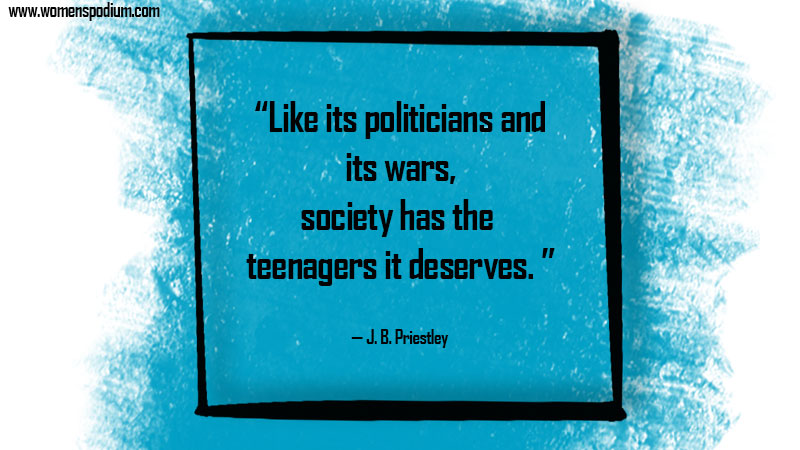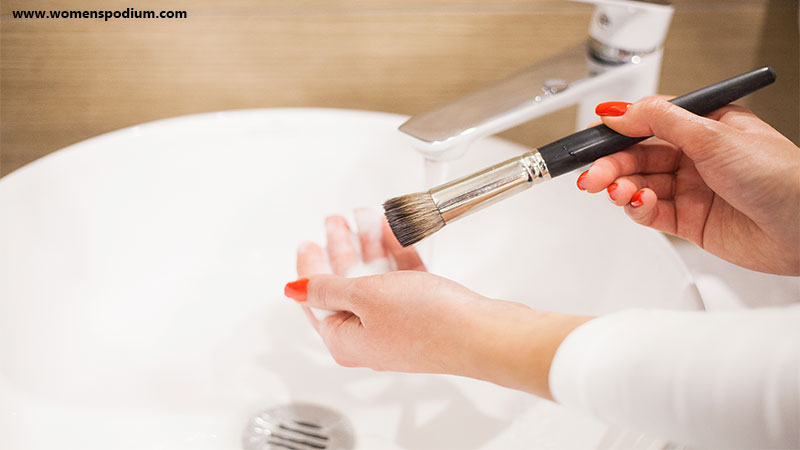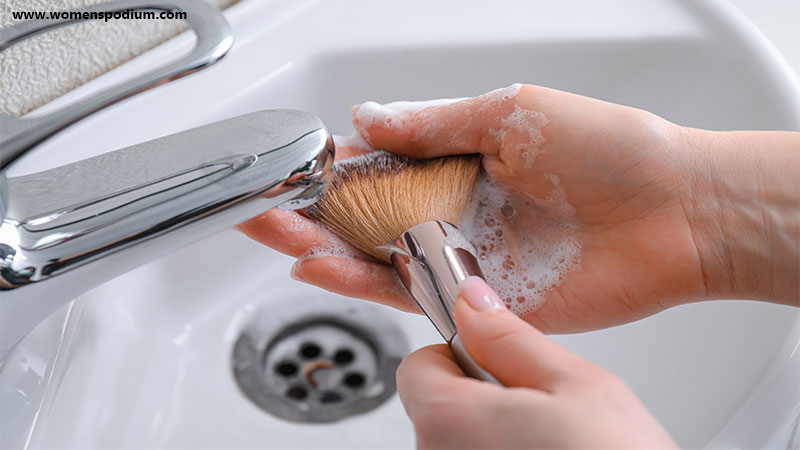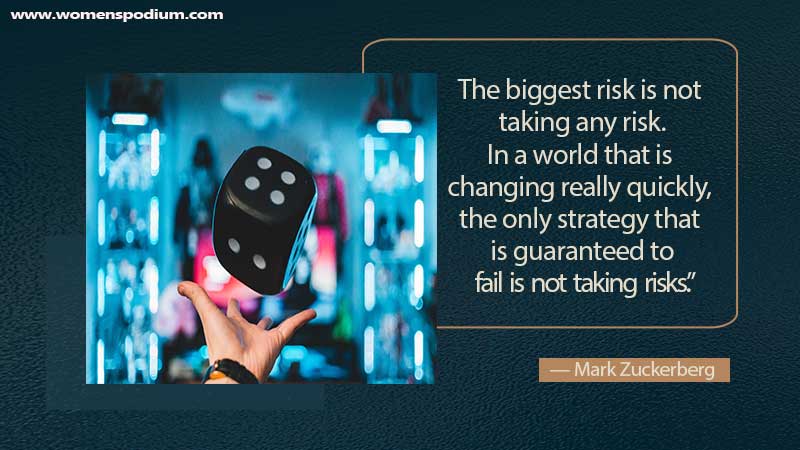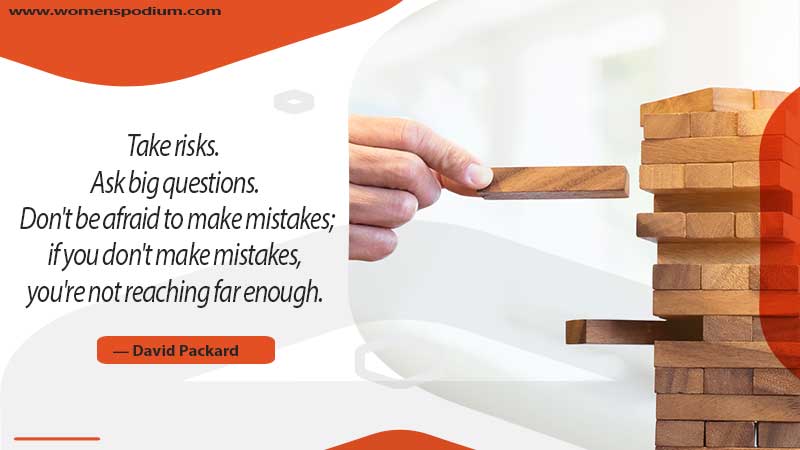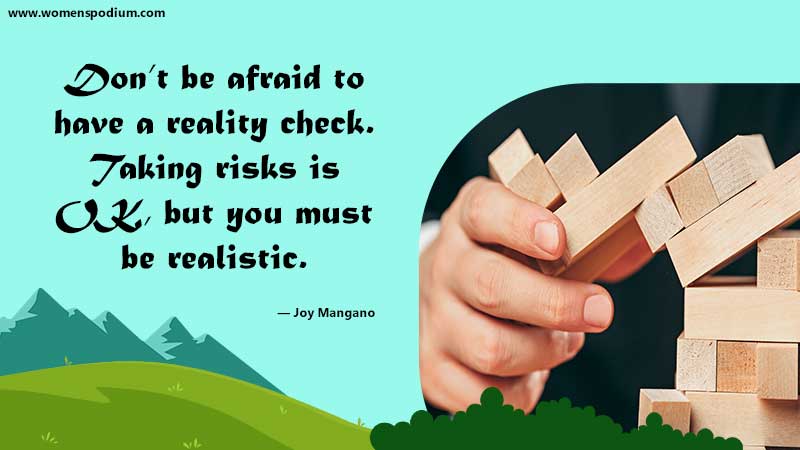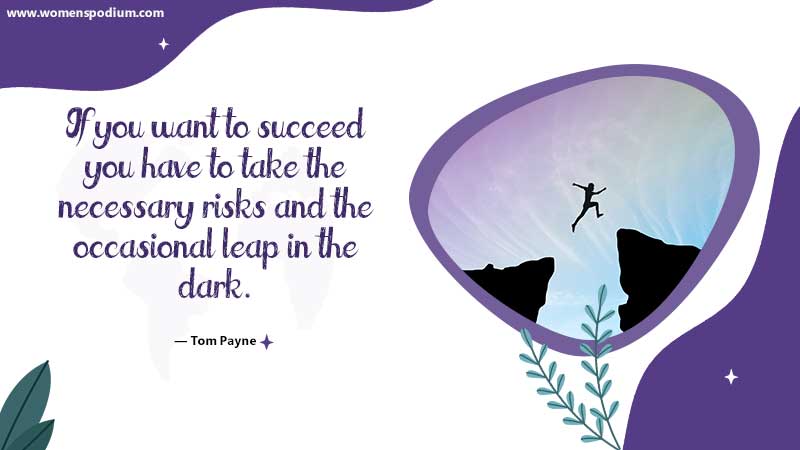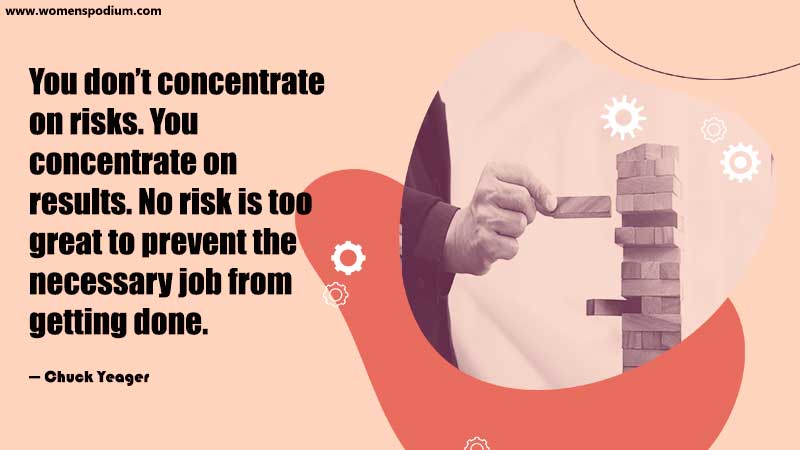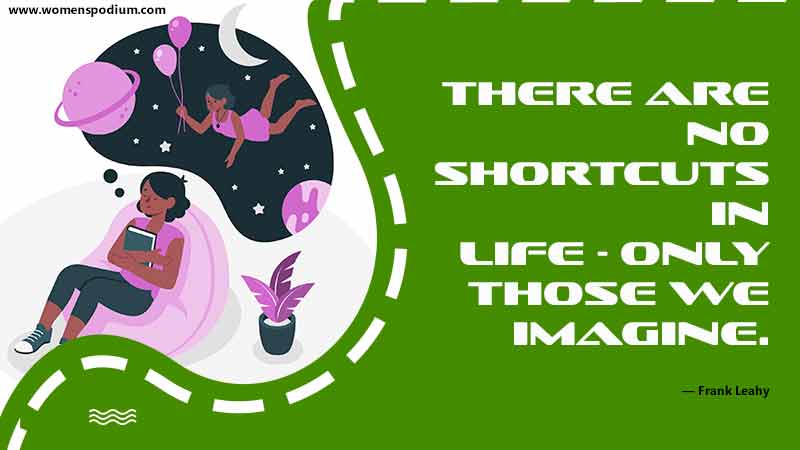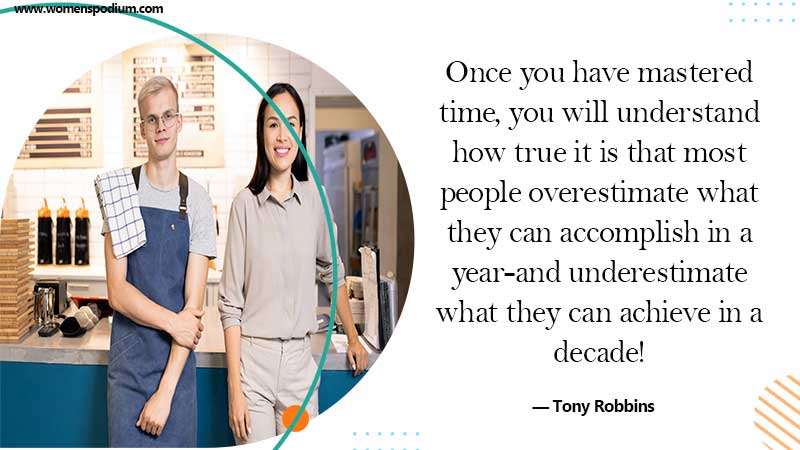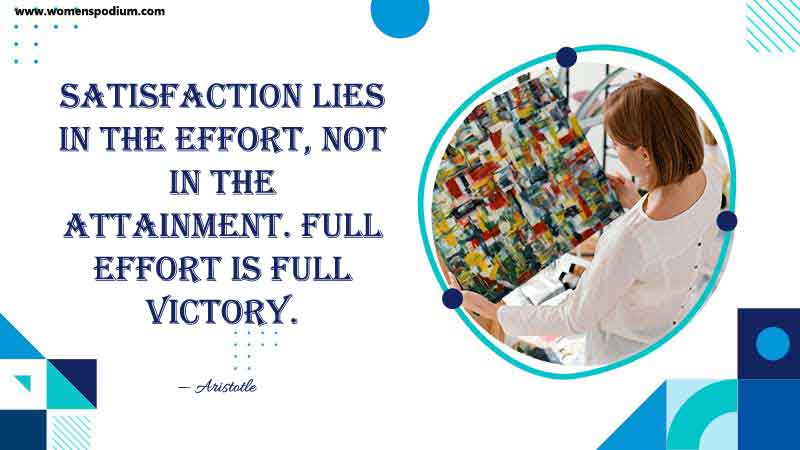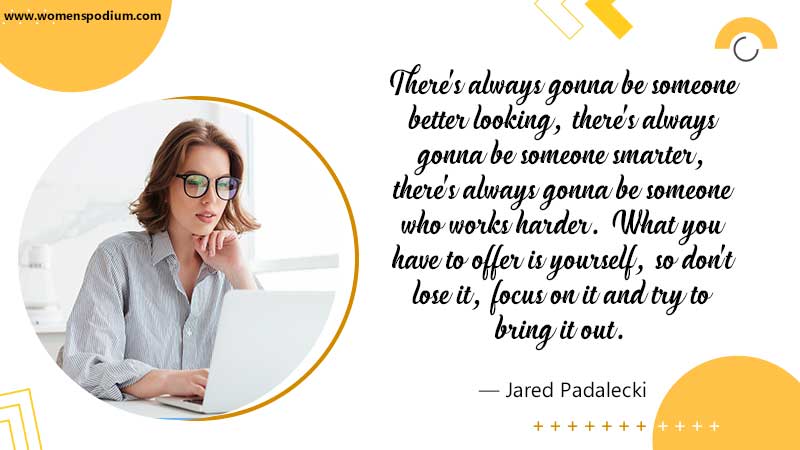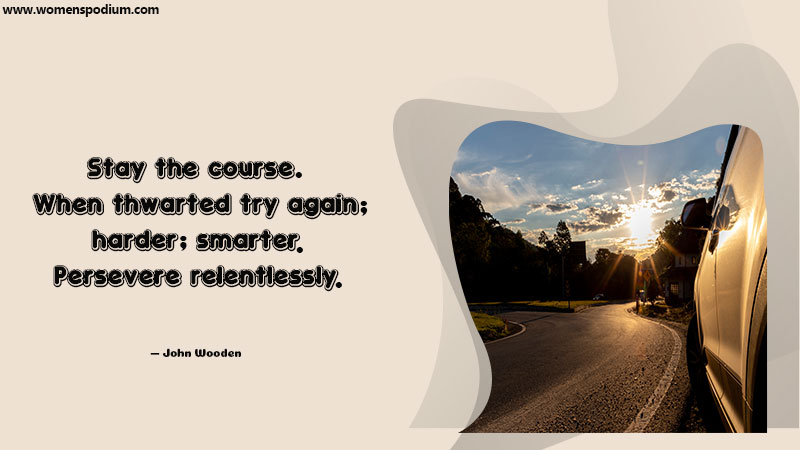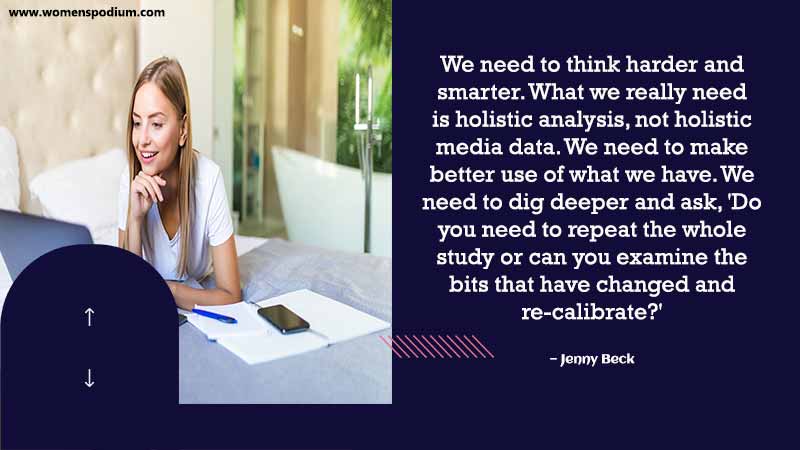Gift Vouchers for Self-Care ─ The Perfect Present for Your Busy Bestie
In a world where women juggle careers, family, and personal aspirations, finding time for self-care often takes a backseat. Yet, prioritizing well-being is crucial for maintaining balance and avoiding burnout. One thoughtful and increasingly popular way to encourage self-care among women in Dubai is through self-care gift vouchers, especially when they come packed with flexibility, variety, and zero pressure to plan everything in advance.
Whether you’re looking for a birthday surprise, a Mother’s Day treat, or just a “thinking of you” gesture, a gift voucher Dubai for wellness experiences might be the most appreciated and practical gift you can give in 2025.
Why Self-Care Matters More Than Ever
Self-care isn’t just a luxury—it’s a fundamental part of a healthy lifestyle. Research shows that regular self-care can reduce stress, improve focus, enhance emotional well-being, and even boost immunity.
According to the National Institute of Mental Health, consistent self-care practices like getting enough sleep, eating well, and engaging in relaxing activities can significantly improve mental health and quality of life. Yet, many women put off prioritizing themselves due to daily demands.
That’s where gifting self-care comes in. When someone receives a self-care experience as a gift, it doesn’t feel indulgent—it feels supported. It’s a reminder that they deserve rest, joy, and time to recharge.
Top Self-Care Experiences You Can Gift in Dubai

Dubai is a hub for wellness and luxury. From traditional healing rituals to modern treatments, there’s no shortage of soul-soothing experiences you can turn into a thoughtful gift. Here are some of the most popular options:
1. Spa Retreats
Whether it’s a full day of pampering or a quick massage, spa experiences are top of the self-care wishlist. Many women in Dubai love the hammam rituals at places like One&Only Royal Mirage or the full-body treatments at ShuiQi Spa at Atlantis. A spa voucher gives them permission to slow down and just breathe.
2. Floatation Therapy
This unique experience involves floating effortlessly in a saltwater tank to create a feeling of weightlessness. It helps to reduce anxiety, improve sleep, and calm the mind. Point Zero Floatation in Dubai is one of the leading centers offering this therapeutic experience.
3. Yoga & Meditation Classes
Mindfulness isn’t just a buzzword—it’s a proven stress-reduction tool. Yoga classes, breathwork workshops, and guided meditation sessions can be incredibly healing. These are great gifts for women seeking balance in a high-paced lifestyle.
4. Wellness & Detox Retreats

For a deeper reset, wellness retreats like Zoya Health & Wellbeing Resort in Ajman combine fitness, nutrition, and holistic treatments over several days. These aren’t your average vacations—they’re transformative experiences that leave a lasting impact.
5. Beauty Treatments & Personal Glow-Ups
Sometimes self-care means looking in the mirror and feeling amazing. Vouchers for facials, manicures, hair treatments, or even styling sessions can help boost confidence and spark joy.
6. Cold Therapy and Infrared Sauna Sessions
Cold therapy, including ice baths and infrared sauna sessions, is gaining popularity for its numerous health benefits, such as enhanced recovery, improved circulation, and stress reduction. The Ice House, located in Dubai’s DIFC district, offers private sessions tailored for both beginners and experienced individuals. This unique wellness experience makes for an invigorating gift, promoting resilience and well-being.
Where to Get Self-Care Gift Vouchers in Dubai

Ithara.ae – All-in-One Gift Voucher Platform
One of the easiest and most reliable ways to gift self-care experiences in Dubai is through Ithara.ae. Unlike gifting a specific spa or class, Ithara.ae offers:
- A handpicked selection of wellness, fitness, beauty, and luxury experiences ─ Open dates, so recipients can book whenever it suits them
- 12-month validity for all vouchers
- Satisfaction guarantee and free exchange if they prefer another experience
It’s perfect for busy women who want flexibility and zero pressure.
Direct from Salons and Wellness Providers
Many individual spas, salons, and fitness studios also offer their own gift vouchers—often with the ability to personalize treatments. This option is great if you know your recipient has a favorite spot or service (think: a monthly massage ritual or a go-to yoga studio).
How to Give a Self-Care Gift Voucher Thoughtfully

While a gift voucher might seem quick and simple, the way you give it can transform the experience into something truly memorable. Here’s how to add a little magic to the gesture:
1. Make It Personal
Include a short message or card explaining why you chose this gift. It adds warmth and shows intention—something like:
“You’ve been giving so much of yourself lately—this is a little moment just for you.”
2. Tie It to the Moment
Align the gift with something they’ve been going through. Are they starting a new job, finishing a stressful season, or just overdue for some TLC? Context adds thoughtfulness.
3. Pair It with a Small Tangible Gift
It’s always fun to unwrap something! Complement the voucher with a sleep mask, essential oils, a wellness journal, or even a handmade card. It doesn’t have to be pricey—just meaningful.
4. Offer to Join Them (If That Feels Right)
Sometimes the best gift is time together. If the experience is suitable—like a meditation class, brunch, or spa day—consider making it a shared experience.
5. Mention the Flexibility
Make sure they know they’re not locked into a time or place. With some gifting platforms, they can switch experiences, choose dates later, and enjoy the peace of mind that comes with a stress-free gift.
In a city as fast-paced and achievement-oriented as Dubai, giving the gift of self-care isn’t just appreciated—it’s necessary. A well-chosen self-care gift voucher can speak volumes: “I see you. You deserve rest. I want you to feel good.”
Platforms like Ithara.ae are making this easier than ever with thoughtful, flexible, and high-quality options. Whether your bestie needs a break, your sister just had a baby, or your coworker is burning the candle at both ends—a self-care experience might be the perfect, healing gesture.
So next time you’re thinking about what to give, consider giving the chance to pause. Because sometimes, the best gift… is time to feel like yourself again.



























